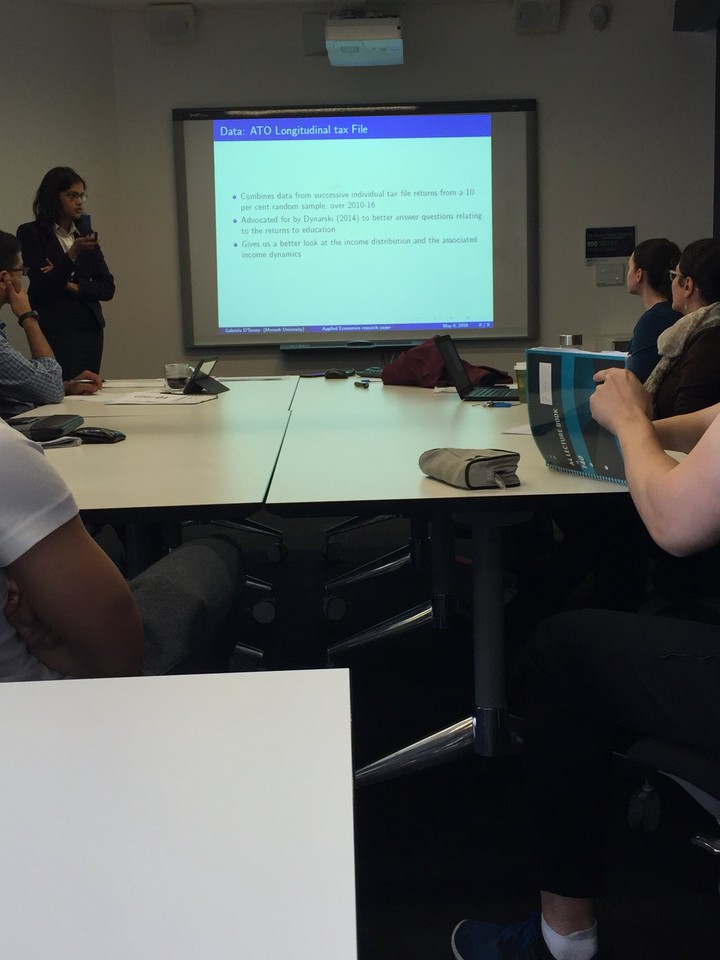 Photo by Ben Grodeck
Photo by Ben Grodeck
The human capital literature has often taken as sacrosanct that an increase in the number of years of schooling leads to an increase in the wage premium. However a less well-understood element of the research is whether a large increase in the supply of graduates will, over time, reduce the wage premium of a university degree. In this paper, we use a sudden policy decision by Australia’s Federal Government in 2010, to expand the number of university places, to test the impact of an increase in the number of graduates on the wage premium of certain occupations. We analyse a longitudinal dataset of Australian taxpayers produced by the Australian Tax Office and find that completing a degree after the policy was introduced is associated with a log wage reduction of 8 percent. By occupations, we find that the negative effects persisted for engineering and accounting in all specifications of the model. Nursing and teaching were negative in most specifications of our model but were not robust to the inclusion of gender-cohort interactions.